Romania Coup Update: Presidential Candidate Cǎlin Georgescu has Largest Lead Yet (38%) in new poll ahead of a re-run of the election slated for May
As Romania prepares for a re-run of its presidential election in May, new polling data reveals that presidential candidate Cǎlin Georgescu is leading the pack with his largest margin yet. With 38% of the vote in the latest poll, Georgescu is positioning himself as the frontrunner in what is shaping up to be a highly competitive race. This update comes amidst significant political turbulence in Romania, including ongoing fallout from a coup attempt that has shaken the nation’s political establishment. In this article, we’ll delve into Georgescu’s rise in the polls, the context of the election re-run, and what it could mean for Romania’s future.
Cǎlin Georgescu’s Strong Showing in the Polls
Cǎlin Georgescu’s 38% lead in the latest poll marks a significant step forward in his bid for the presidency. The former economist, who has made waves with his populist rhetoric and critiques of Romania’s political establishment, is gaining momentum ahead of the election re-run. His platform has resonated with a broad segment of the population, particularly those disillusioned with the current political elite and seeking change.
Georgescu’s rise in the polls is seen as a direct challenge to the entrenched political forces in Romania. With his promises of economic reform, national sovereignty, and anti-corruption measures, Georgescu has positioned himself as a candidate who is unafraid to challenge the status quo. His rhetoric has been well-received by voters who are increasingly frustrated with the perceived corruption and inefficiency within Romania’s political system.
His lead of 38% represents a significant increase from previous polls, where his numbers had hovered around 30%. This growth in support suggests that Georgescu’s message is resonating with a larger portion of the electorate as the election re-run approaches.
The Context of Romania’s Political Crisis and the Coup Attempt
Romania’s upcoming election re-run comes against the backdrop of significant political instability. The country has been grappling with the aftermath of a failed coup attempt that sought to disrupt the democratic process and shift the balance of power. The coup, which occurred during the original election period, was an attempt by certain political factions to seize control and influence the outcome of the vote.
Although the coup was unsuccessful, it has had lasting effects on the political landscape in Romania. The country is now facing a period of heightened political tension, with accusations of corruption, foreign interference, and systemic instability all contributing to a volatile environment.
Georgescu’s rise in the polls can be seen as a reflection of the public’s desire for change in the wake of these events. Many voters are looking for a candidate who can restore order, strengthen Romania’s sovereignty, and address the deep-seated corruption that has plagued the country for years. Georgescu’s platform, which emphasizes national independence and a rejection of foreign influence, has struck a chord with those who feel Romania’s political system has been compromised.
Georgescu’s Political Platform and Key Issues
Cǎlin Georgescu’s political platform is built around a series of key issues that are resonating with a wide swath of Romanian voters. One of the central themes of his campaign is economic reform. Georgescu has advocated for policies that would promote greater economic independence for Romania, reduce foreign debt, and increase domestic investment. His supporters argue that Romania’s economy has been too reliant on external forces, and Georgescu’s proposals aim to create a more self-sustaining economic model.
Another key issue for Georgescu is anti-corruption. Romania has long struggled with corruption within its political and business sectors, and Georgescu has made it a central part of his campaign to root out corruption at all levels of government. He has promised to implement strict anti-corruption laws and work with judicial authorities to ensure that those responsible for corrupt practices are held accountable.
Georgescu’s populist rhetoric has also centered on national sovereignty and rejecting outside interference in Romania’s domestic affairs. This message resonates with many voters who are concerned about Romania’s relationship with foreign powers, particularly the European Union and NATO. Georgescu has positioned himself as a leader who will prioritize the interests of the Romanian people, even if it means challenging international alliances.
The Electoral Re-Run and Its Significance
The re-run of the presidential election, scheduled for May, is crucial not only for Romania’s political future but also for its role within the broader European and international community. Following the failed coup attempt and the controversy surrounding the original election process, the re-run offers an opportunity for Romania to reaffirm its commitment to democratic principles.
The election re-run also comes at a critical time for Romania, as the country grapples with internal political strife, economic challenges, and external pressures from foreign powers. Voters are looking for a leader who can unite the country and steer it toward stability, and the election results could have far-reaching implications for Romania’s future trajectory.
Cǎlin Georgescu’s strong position in the polls suggests that he could play a pivotal role in shaping Romania’s political direction. If Georgescu’s lead holds up in the lead-up to the May election, he could become a transformative figure in the country’s politics, especially if he secures the presidency and begins to implement his proposed reforms.
The Race Against Other Candidates
While Georgescu currently holds a commanding lead in the polls, the race is far from over. Other candidates are also vying for the presidency, and much can change in the coming months as the election draws closer. Some of the other contenders have already pledged to challenge Georgescu on key issues such as foreign policy, economic strategy, and national security.
One of the main challenges for Georgescu will be maintaining his lead as other candidates ramp up their campaigns and attempt to appeal to different segments of the electorate. His populist platform has gained traction with many voters, but he will need to continue to address concerns about his policies and convince the public that he can deliver on his promises.
The May election re-run will be a highly competitive and closely watched event, as it could reshape Romania’s political landscape and set the tone for the country’s future.
International Reactions to the Election
Georgescu’s rise in the polls has not gone unnoticed by the international community. Given Romania’s strategic position within the European Union and NATO, foreign powers are closely monitoring the election and the potential impact of Georgescu’s presidency on Romania’s international relations. His populist stance and criticism of foreign influence have raised concerns among some European leaders, who may view his policies as a departure from Romania’s traditionally pro-Western alignment.
At the same time, Georgescu’s rejection of foreign meddling and his calls for greater economic independence may resonate with countries looking to challenge the dominance of global institutions like the EU. Romania’s relationship with the European Union, NATO, and other international organizations could be significantly influenced by the outcome of the election.
In Conclusion
With the May re-run of Romania’s presidential election on the horizon, Cǎlin Georgescu’s impressive lead in the polls signals a pivotal moment in the country’s political trajectory. His rise in popularity is fueled by his promises of economic reform, anti-corruption measures, and national sovereignty. As Romania emerges from a period of political instability, the election results will be crucial in determining the future direction of the country.
Whether Georgescu can maintain his lead and secure the presidency remains to be seen, but his growing influence in the polls indicates that he will be a key figure in shaping Romania’s future. The May election will not only determine who leads Romania but could also set the tone for the country’s role in Europe and the wider international community.
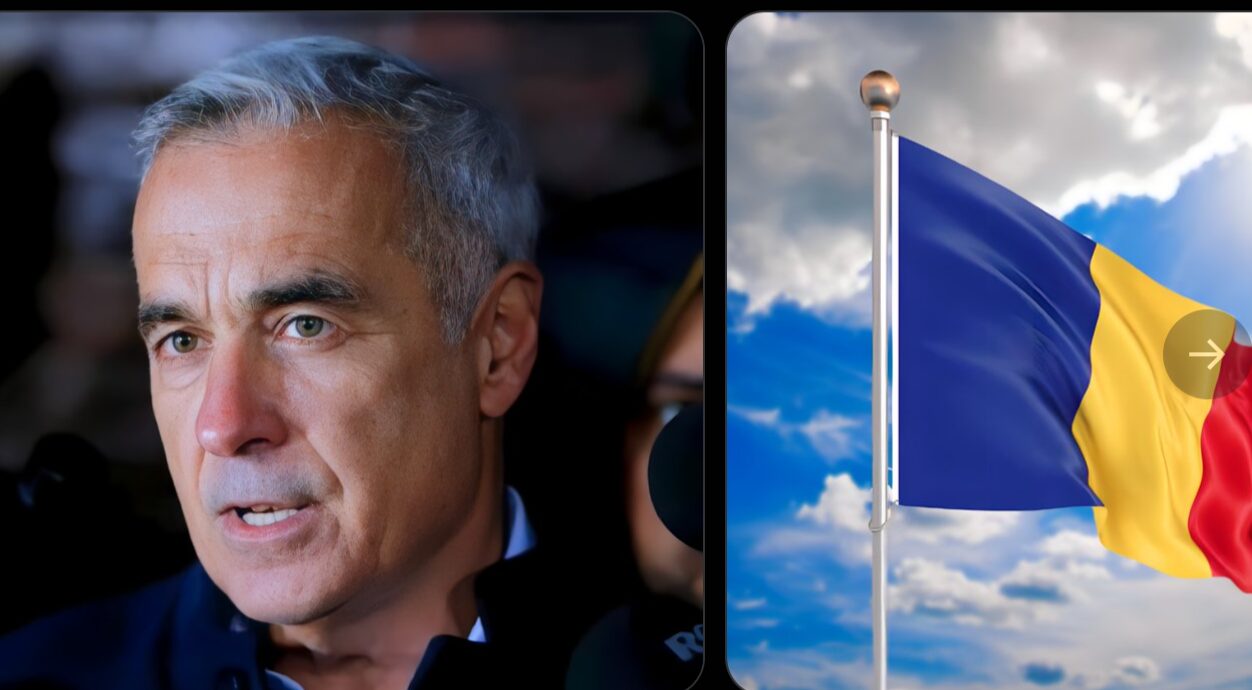
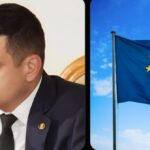
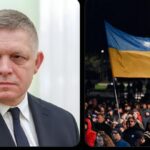
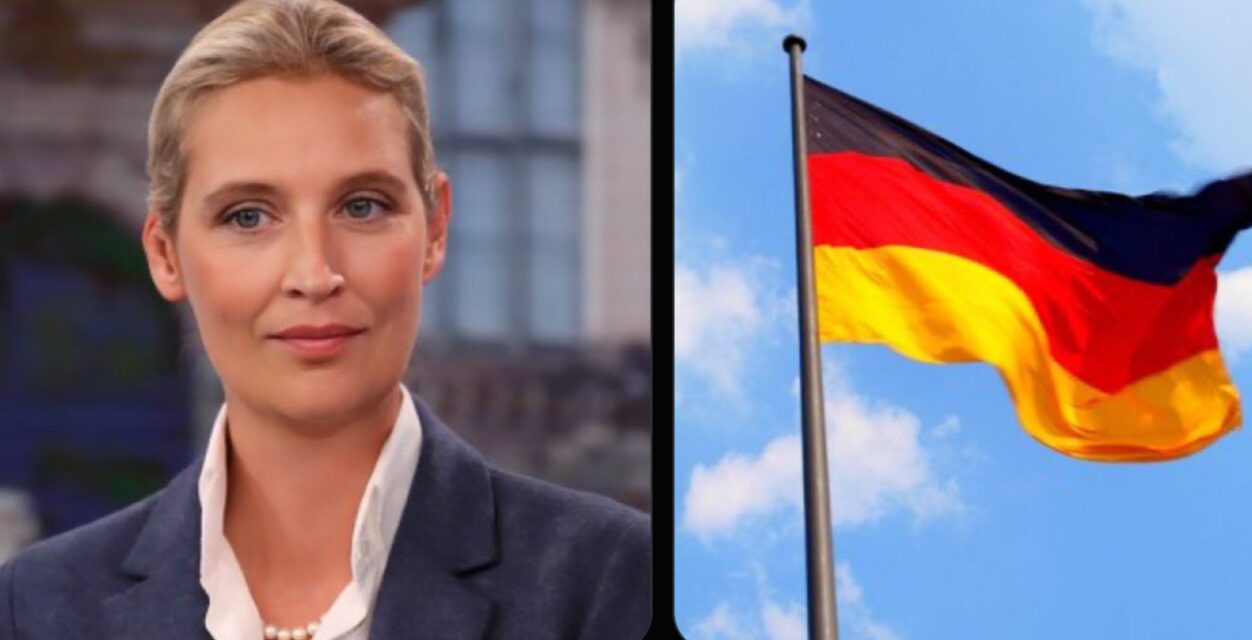
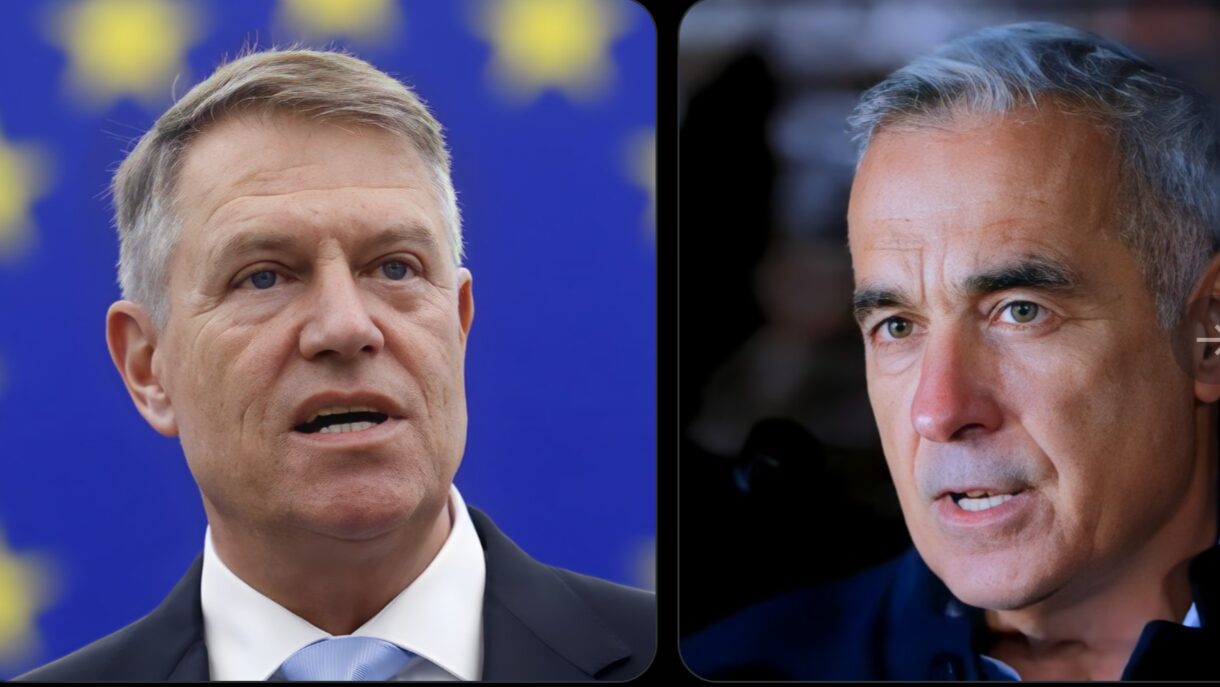

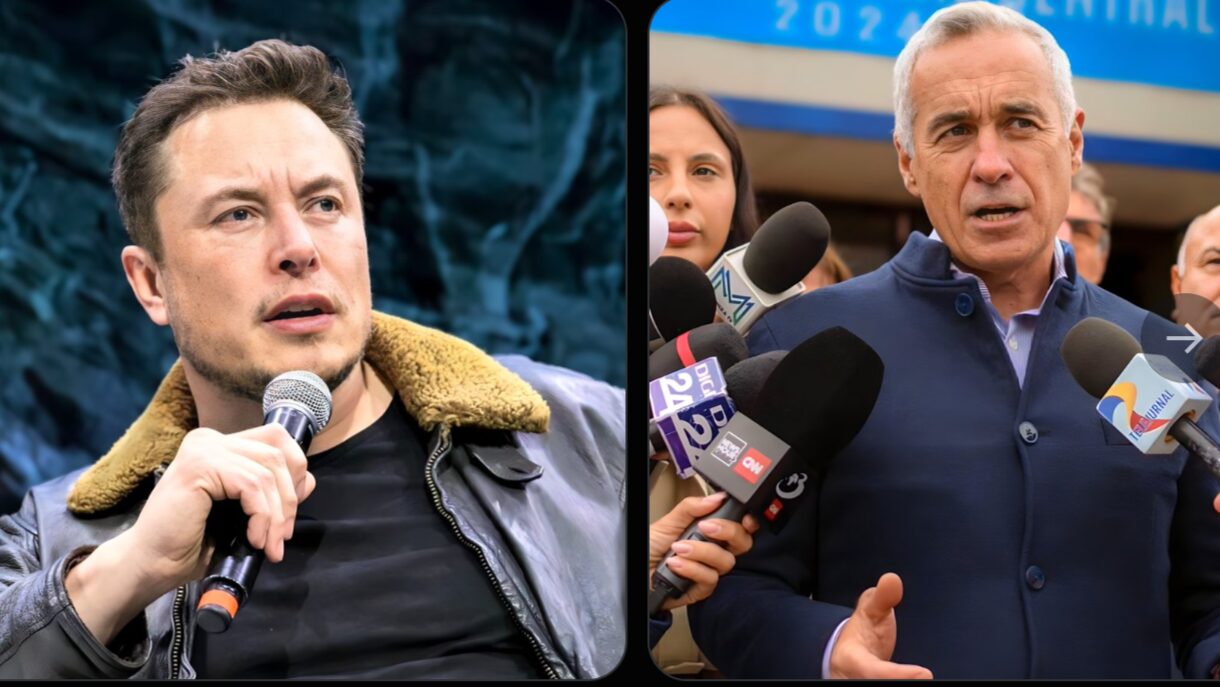
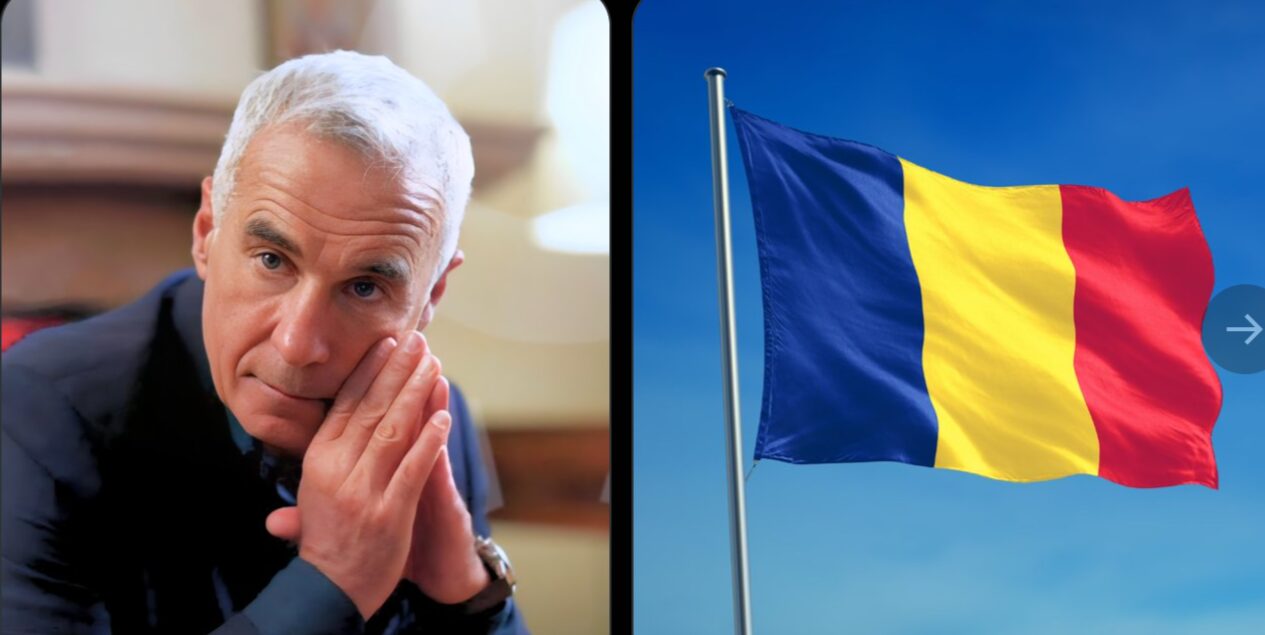
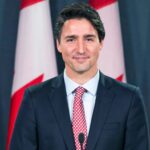








Post Comment